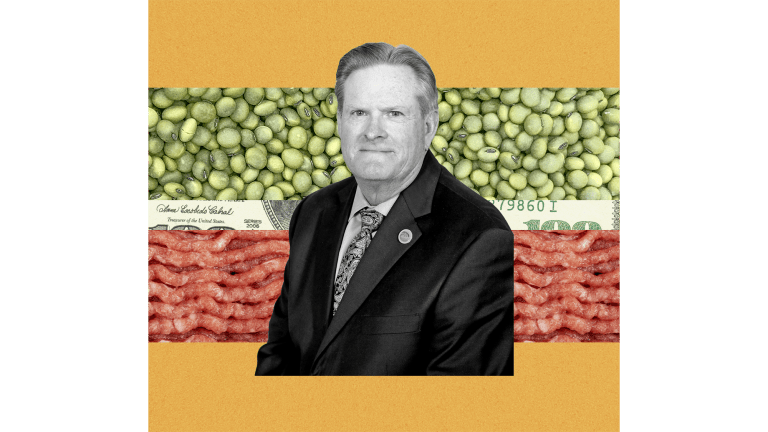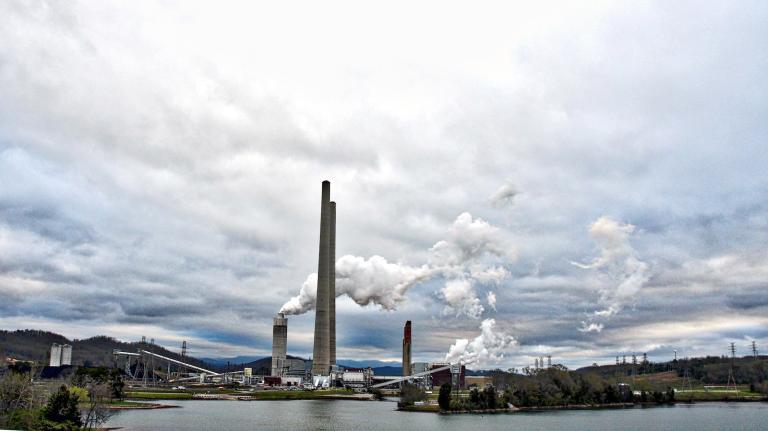Daniel Duane in Mother Jones warns you about farmers markets becoming “farmers markets”:
In 1994, there were 1,755 farmers markets in the United States; by 2008, there were 4,685. In the big scheme of things, this is terrific news; it means Americans are learning to feed themselves properly. But not all parts of the country have seen commensurate explosions in the number of small-scale local organic farmers. And the driving force in opening a farmers market is less often the organic revolution than it is economic revitalization, maybe a local chamber of commerce hoping to tempt people back to Main Street on weekends. When either is true, that chamber of commerce might take the path of least resistance and give the market contract to one of many farmers market associations populated by commercial growers, who then dominate the booth space. Nothing wrong on the face of this, except that, lured by funky folding tables in a parking lot, the consumer ends up going out of his way to buy produce he could get, probably cheaper, at any supermarket.
This should come as no surprise. Honestly, what do you expect when the local chamber of commerce is put in charge of food? You get a yuppie food mall, of course. “The market” gave us Wal-Mart, the Twinkie and Wonder Bread. When you put farmers markets at its mercy, this is what happens. Needless to say, the worst aspect of this development is the idea that commercial growers are taking (some might say “stealing”) the farmers-market price premium from those whom it’s meant to benefit. That’s the worst kind of cynicism, on the one hand, and par for the market course, on the other.
The fact is that if we want farmers markets to accomplish particular policy ends — whether it’s to bring affordable fresh fruit and vegetables to cities or to provide dedicated outlets for small, local farms to sell their wares or both — government has to be involved. To see what I’m talking about, check out what’s going on in Belo Horizonte, Brazil. Or see Scott Stringer’s plan for NYC’s local foodshed.
And I’m not arguing that farmers markets should be one thing or another, but when “the market” is in charge, the result will naturally be a place where space goes to the highest bidder. If the goal is to maximize profit, that’s great. But if the goals are different — and are meant to align food distribution in the public, rather than the private, interests — then we’ll have to put the chamber back in charge of glossy marketing materials and let food policy experts design some more appropriate incentives for our farmers markets.


